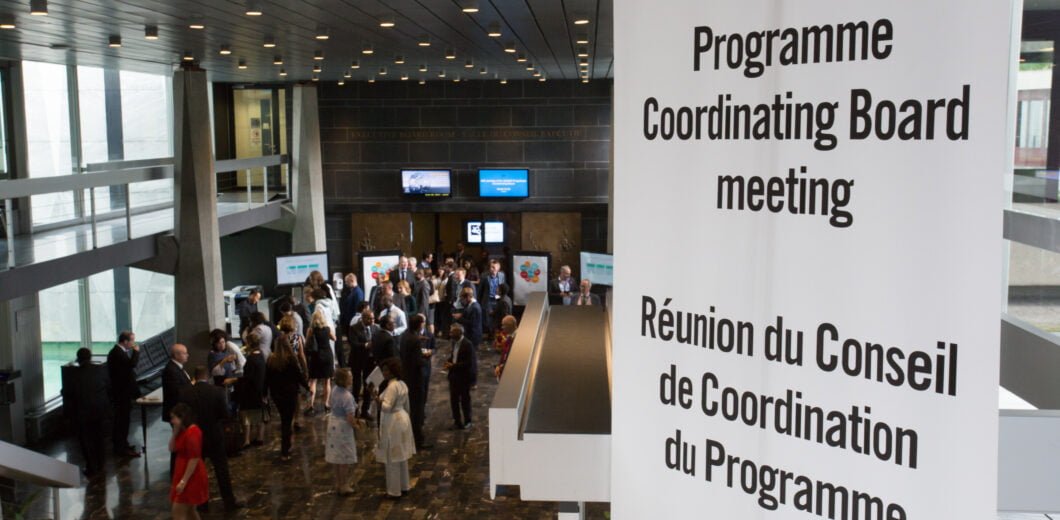Thank you Chair, I speak on behalf of the NGO Delegation.
Our Delegation believes that a strong UNAIDS remains essential to the achievement of the Global AIDS goals, and as an essential ally in the struggle of our communities to overcome HIV and realize our rights to health and wellness. So many of our communities are still facing the burden of HIV across the regions, with concentrated epidemics among key populations in many regions, including my region, the Asia Pacific, where key populations represent 98% of new infections.
It thus goes without saying that we support a fully funded UBRAF 2022-2026.
That being said, we do not uncritically support it.
The UBRAF before us is vastly improved from previous versions. We believe, however: firstly, accountability must be tightened up significantly. Secondly, more transparency, especially from our perspective on how the scale up of community-led responses will be resourced. Thirdly, we and our constituencies are concerned to know what areas will not receive funding in the event of the UBRAF not being fully funded. It is our concern that critical interventions, especially on human rights, community-led responses and social enablers will be lost if UBRAF is not fully funded.
On the latter, however, we are concerned that this does not become a self-fulfilling prophecy. Those most vocal in asking what will happen in the event of an under-funded UBRAF, are those with the power to fully fund the UBRAF. Since 2016, the UBRAF has been under-funded. We have tied one hand behind UNAIDS’s back and then complained that it doesn’t fully meet our aspirations for it, and then used that to wonder whether we can fully fund UNAIDS. This must stop.
Chair, This UBRAF is not perfect. But in global health, the perfect is the enemy of the good. We call on member states here, and globally, to step up and put more money where their mouths are. Be part of the solution to the issues you raise. Fully find this UBRAF.
